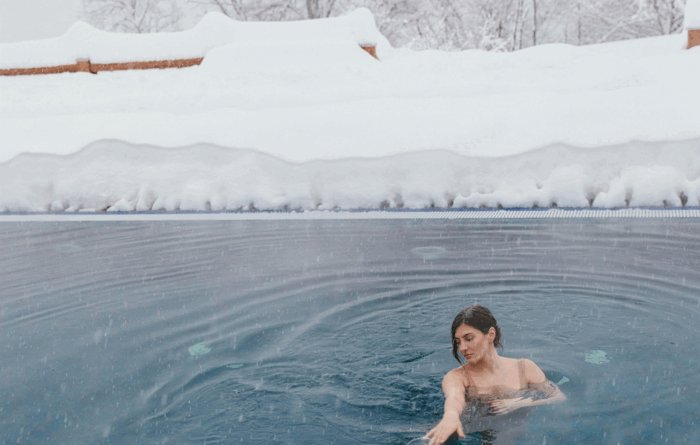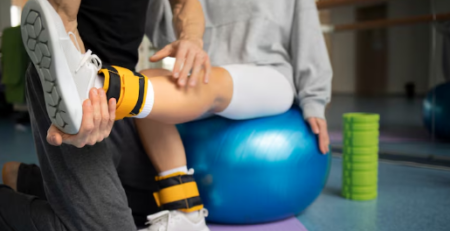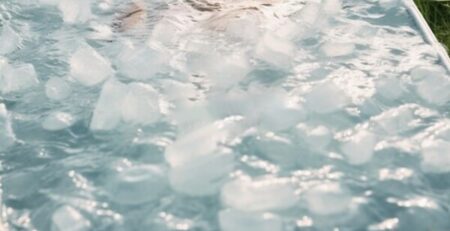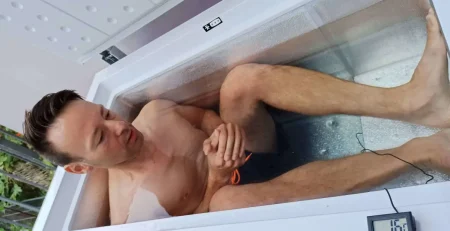Living with an autoimmune disease can feel like living in a body that’s constantly under siege. Your immune system—the very force designed to protect you—starts misidentifying your own cells as threats. The resulting inflammation is the collateral damage, the scorched earth that leaves behind pain, fatigue, and a body constantly at war with itself.
Into this fraught landscape walks the practice of cold water swimming. At first glance, the idea of voluntarily stressing a system that is already fundamentally stressed seems, on its face, illogical. Yet, science suggests that the right kind of controlled stress—like winter swimming or immersing yourself in cold water—isn’t about adding more stress. It’s about imposing a different, more orderly kind—one that can potentially teach the immune system a lesson in regulation.
Table of Contents
From Chaos to Controlled Burn: The Inflammatory Paradox
The core pathology of most autoimmune conditions is chronic, systemic inflammation. Pro-inflammatory cytokines, the chemical messengers of the immune system, are constantly signaling for attack.
When you take the first cold plunge into icy water, it creates a profound, but brief, spike in this inflammatory activity. Think of it as an acute shock to the system. However, the body’s long-term adaptation to regular cold exposure is where the potential magic lies. The repeated, controlled stress of cold water swimming appears to train the body to mount a more tempered inflammatory response over time.
A 2022 review on “The effect of winter swimming on the inflammatory status“ found that regular cold water swimmers show a heightened baseline of anti-inflammatory cytokines. It’s as if the body, faced with a clear and present (albeit brief) danger in the form of cold, learns to balance its inflammatory response more effectively. It’s not suppressing the immune system; it’s thought to be recalibrating it. The system becomes less trigger-happy, learning to stand down after the threat has passed, a skill that is profoundly broken in autoimmunity.
Reeducating the Stress Hormone Response
Autoimmune conditions are often exacerbated by psychological stress, which elevates cortisol and other stress hormones, further fueling the inflammatory fire. That’s because chronic stress increases cortisol levels and can eventually lead to cortisol resistance, where the body stops responding to the hormone’s anti-inflammatory effects.
Cold water swimming acts as a master class in stress hormone regulation. The acute plunge triggers a massive, yet finite, release of cortisol and norepinephrine. Because this stress is voluntary, brief, and followed by a powerful recovery (the warm-up after plunging), it helps re-sensitize the body to these hormones. It’s like reminding a desensitized system what a true “on” switch and “off” switch feel like. This can lead to a lower baseline of stress and inflammation, and a more robust ability to handle life’s other stressors without sending the immune system into a tailspin.
Reclaiming Agency in a Body That Feels Out of Control
Beyond the hard science of cytokines and hormones, there is a profound psychological shift that cannot be overlooked. Autoimmune disease is profoundly disempowering. Your body feels like a traitor, and you are often at the mercy of unpredictable flares and symptoms.
The act of cold water swimming changes that dynamic. Winter swimming is a conscious, voluntary decision to endure a brief, intense discomfort. You are choosing the sting of the cold over the ache of inflammation. You are commanding your body, and for those few minutes in the water and the profound calm that follows, you are in charge.
Many swimmers also find the communal aspect of winter swimming deeply therapeutic. Sitting with others on a frozen dock, shivering and laughing, creates a bond forged in resilience. It breaks the isolation of chronic illness, replacing it with a shared, active defiance. The transformation means that you are not just a patient; you are a participant, a warrior of the cold.
A Word of Caution
Cold water swimming isn’t a one-size-fits-all therapy. The immune system is a complex and delicate instrument. For some autoimmune conditions, a “boost” in immune activity is the last thing needed. This is why any exploration of winter swimming with an autoimmune disease must be a conversation with a knowledgeable healthcare provider. It is a tool that must be used with precision and understanding of one’s own unique medical landscape.
For those who can engage safely, however, cold water swimming offers more than just a thrill. It offers a pathway to potentially dial down the internal noise, to retrain a rebellious army, and to find a few moments of powerful, crystalline peace in a body that is so often a battlefield.
Additional Insights and Studies
- A Foundational Study: “Effect of winter swimming on haematological parameters” – This study and others like it began to chart the physiological changes in regular winter swimmers, noting adaptations in immune cell counts and inflammatory markers.
- The Cross-Talk Between Stress and Immunity: This review, “The Inflammatory & Neuroendocrine Effects of Cold Water Immersion,” delves deeper into the HPA axis and how cold stress influences immune function, providing the theoretical backbone for its use.












Leave a Reply